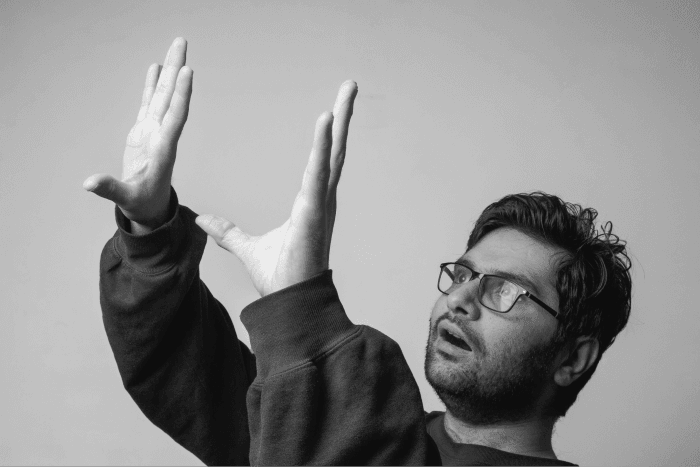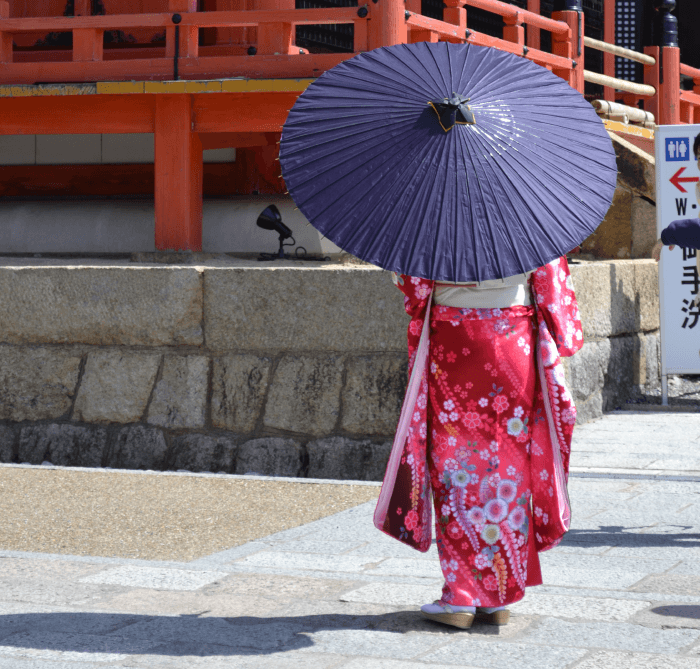Oppositions are an essential part of the trademark registration process.
A trademark gives its owner the legal right for the exclusive use of the trademark in commerce and the means to fight infringement. Brand infringement can come in different shapes and sizes, including infringement from newly filed trademark applications.
Therefore, owners of registered trademarks are allowed to challenge new applications if they believe the newly filed mark infringes on their trademark. They can do so by raising an opposition during a specific window in the mark's registration process, called the opposition period.
The length of the opposition period depends on the jurisdiction but is usually 2-3 months. If an opposition is raised during the period, the opposition proceedings start. Usually, the parties are first asked to resolve the issue "amicably". If they don't reach an agreement, the case is then assessed by the IP office, which can take another several months. In the end, the new mark is either permitted registration or rejected.






